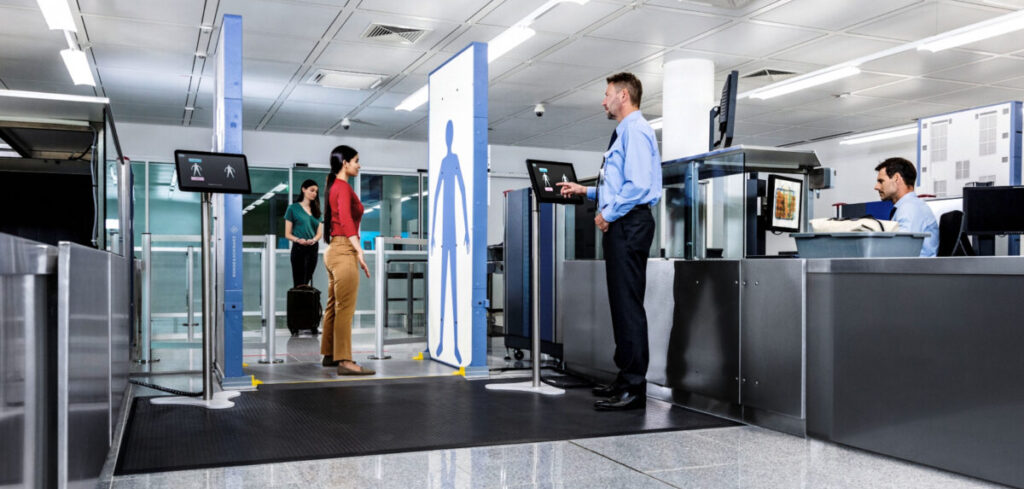Rohde & Schwarz (R&S) has been chosen to supply its QPS201 quick personnel security (QPS) scanners to Heathrow Airport to reduce wait times for passengers and enhance security checkpoints.
The scanners will be rolled out across the airport, ensuring that all passengers, staff and contractors accessing airside locations are scanned on entry. The installation enables the airport to achieve its vision of a safe and secure environment while providing a positive passenger experience by making journeys through the airport as fast and efficient as possible.
“Heathrow Airport is the latest leading international airport to adopt the R&S QPS201, reinforcing our position as the go-to solution for airports around the world,” said Frank Mackel, VP at Rohde & Schwarz. “This scanner addresses the three key airport requirements: high accuracy of threat detection, low frequency of false alarms to minimize time-consuming manual pat-downs, and fast throughput to reduce passenger wait times even at busy periods.”
According to R&S, Heathrow sought a solution that fully addressed current security and throughput requirements but could also be improved to meet future security needs. The airport was reportedly impressed with Rohde & Schwarz’s commitment to upgrade its scanners with new algorithms after they have entered service. The units allow for an easy, hands-down posture for scanning, which is comfortable while ensuring effective screening for safety and security. A full body scan is completed in seconds, and any suspect objects are indicated on an image to preserve passenger privacy.
The QPS201 also features technology that increases sensitivity to boost threat detection, says R&S, while reducing false alarms and processing time. In addition to strengthening security, these performance gains reduce post-alarm manual checks, thus helping to avoid physical contact to ensure social distancing. The security scanner restores parity to baggage- and personnel-scanning times, helping security staff manage throughput at checkpoints and avoid excessive queueing.

